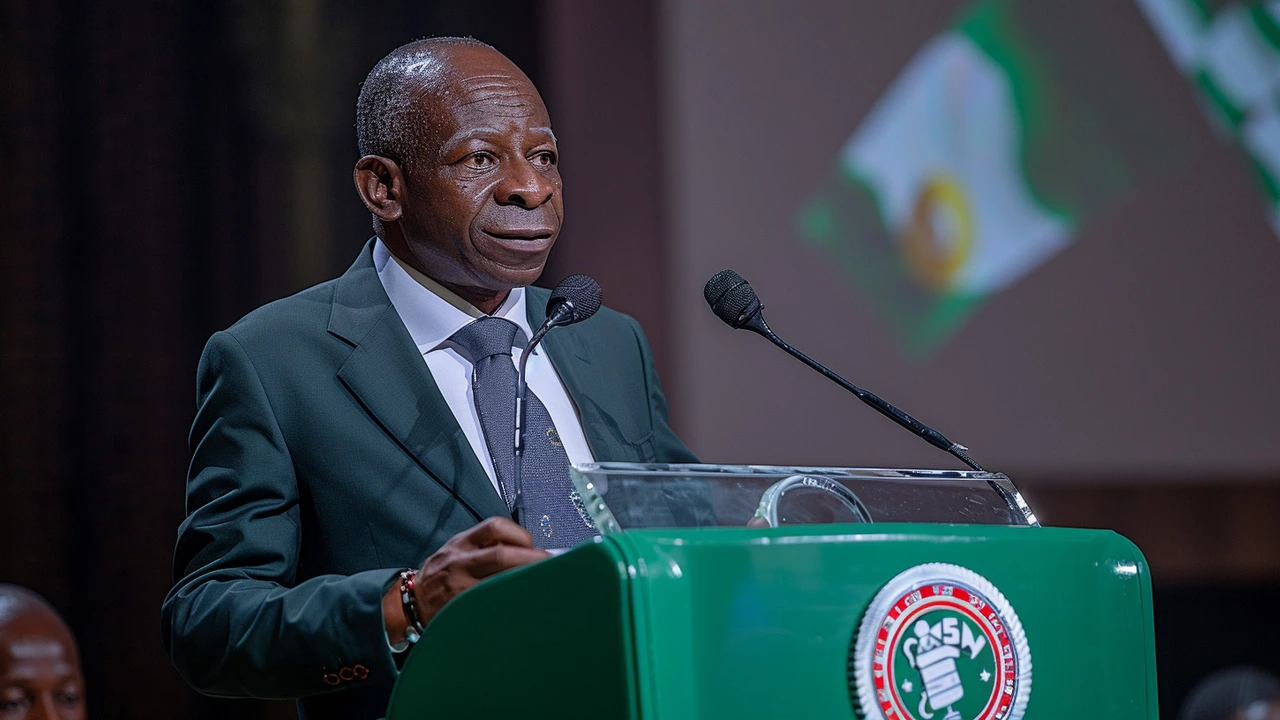Peacekeeping: What It Is and Why It Matters
Peacekeeping is all about helping countries stay calm and safe when tensions are high or conflicts have broken out. Imagine a group of trained professionals stepping into a volatile situation to reduce violence and protect people. That’s essentially what peacekeeping forces do. They are usually sent by international organizations like the United Nations to areas facing war, unrest, or political strife.
These missions serve a simple yet powerful purpose: create a secure space for diplomacy and rebuilding. It’s not about fighting wars but rather preventing them from escalating further. Peacekeepers monitor ceasefires, protect civilians, oversee elections, and support humanitarian aid. Their presence often encourages opposing groups to sit at the negotiation table and find peaceful solutions.
How Peacekeeping Works in the Real World
Peacekeeping operations are complex but focus on practical goals. For example, if two rival groups agree to stop fighting, peacekeepers are deployed to observe and ensure both sides stick to this truce. They patrol borders or conflict zones and keep communication channels open. They also work closely with local communities to rebuild trust and stability.
Sometimes it’s not just about soldiers. Peacekeeping teams include police officers, medical staff, and experts in human rights and development. Their combined efforts help with disarmament programs, rebuilding governments, and supporting law enforcement in fragile states. This mix of skills is crucial to address root causes of conflict beyond armed clashes.
Challenges and Controversies in Peacekeeping
It’s not always smooth sailing, though. Peacekeeping forces face tough conditions — dangerous environments, complex political landscapes, and limited resources. Sometimes they arrive after damage is severe, making peace fragile and slow to build. Questions around neutrality and effectiveness often come up because their success depends heavily on cooperation from conflicting parties and international support.
Critics argue peacekeeping can be slow to react and might not stop all violence. Additionally, incidents involving peacekeepers themselves have sparked debates on accountability. Despite these challenges, peacekeeping remains a critical tool for breaking cycles of violence and supporting countries on their path to lasting peace.
Understanding peacekeeping helps us appreciate the delicate balance between tough peace enforcement and building trust for a safer future. While not perfect, its role in protecting lives and fostering dialogue across conflict zones can’t be overstated.
Abia State Government Prioritizes Peace on Biafra Day Amidst Sit-At-Home Order
The Abia State Government has announced its decision to avoid any confrontation with promoters of the sit-at-home order on Biafra Day, celebrated on May 30. Chief Press Secretary Onyebuchi Ememanka explained that the administration wants to maintain peace and order while respecting the sentiments surrounding the commemoration. This strategic move aims to prevent any potential violence or chaos.
Read More
